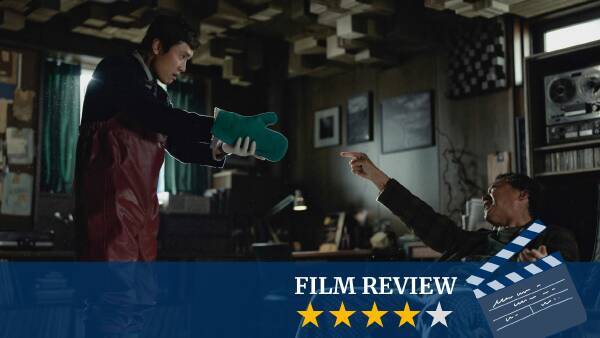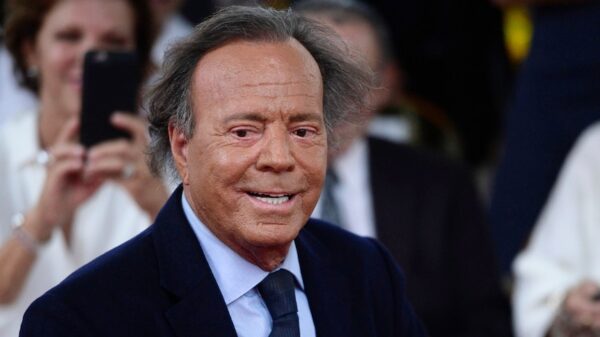During a meeting in Beijing in September 2025, Russian President Vladimir Putin suggested to Chinese leader Xi Jinping that repeated organ transplants might enable individuals to “get younger” and potentially live to 150. While this statement drew skepticism and was largely dismissed as science fiction, it coincided with notable advancements in medical research. Just days prior, scientists identified a molecular “switch” that could reduce complications associated with liver transplants, thereby enhancing the longevity of donated organs. This development underscores both the potential and the limitations inherent in transplant medicine.
Despite the leaps made in organ transplantation, the notion of swapping body parts to combat ageing remains far from reality and often evokes a sense of gothic horror. The ambition to restore youth through organ replacement surfaced in the early 20th century with the trend of “monkey gland” transplants, where wealthy men sought renewed vitality through grafts taken from monkey testicles. Today, tech entrepreneur and self-identified biohacker Bryan Johnson has revived this pursuit with blood-based treatments, including blood plasma transfusions. This method involves injecting concentrated plasma from younger donors into older recipients, aiming to promote healing and regeneration.
Research on parabiosis, where the circulatory systems of young and old mice are connected, has shown temporary improvements in older mice, such as enhanced muscle tone and cognitive function. However, these findings have not been replicated in human trials. Clinical studies using young donor plasma have failed to demonstrate significant anti-ageing benefits, attracting criticism for ethical concerns. In 2019, the US Food and Drug Administration cautioned against commercial young blood transfusions, labeling them “unproven and potentially harmful.”
Transplants Save Lives, But Cannot Reverse Ageing
Currently, legitimate organ and tissue transplants are lifesaving procedures employed when vital organs fail. Donor organs are meticulously matched to recipients based on tissue compatibility and rigorously screened for diseases, providing the best chance for long-term survival. Yet, these life-saving interventions carry significant risks. As demonstrated by Katie Mitchell, the UK’s longest-living heart-and-lung transplant patient, success necessitates lifelong medical care and resilience.
The body’s immune system often perceives transplanted organs as foreign entities and may reject them unless powerful immunosuppressant drugs are utilized. While these medications enable organ tolerance, they also leave recipients vulnerable to infections and certain cancers. Over time, the immune system’s persistent attack on transplanted tissue can lead to chronic rejection, with complications escalating as patients age. Older individuals often face slower tissue repair and heightened inflammation, making recovery from major surgery more challenging.
Research indicates that survival rates for repeated or multi-organ transplants significantly decline in older adults, as their aging tissues struggle to heal effectively. It is evident that while transplants can extend life, they cannot reset it.
Ethical Dilemmas and Organ Scarcity
The demand for suitable organs far outstrips the available supply, resulting in lengthy waiting lists in many countries. This disparity has fostered a perilous black market for trafficked organs, where vulnerable populations from poorer regions are exploited for illicit sales to wealthier individuals. The scarcity of donor organs not only costs lives but also shapes the ethical landscape of medical innovation.
To address shortages, researchers are investigating xenotransplantation, the process of transplanting animal organs into humans. While this approach shows promise, it encounters significant hurdles, particularly severe immune rejection. Most xenografts fail within days or weeks. Another avenue under exploration is the cultivation of lab-grown organs. Although miniature organoids can be produced, the challenge of creating full-sized, functional organs remains unresolved.
The scarcity of donor organs raises profound ethical questions. If a healthy, tissue-matched organ becomes available, who should be the recipient—a child or an elderly patient? Utilizing a rare donor organ for someone whose existing organ is still functioning, albeit less efficiently, poses a moral dilemma that challenges medical ethics. The guiding principle in transplant medicine is to allocate organs to those most likely to benefit, which complicates the justification for elective “anti-ageing” surgeries.
Finally, not all organs can be replaced. The brain, which plays a crucial role in defining consciousness and identity, is particularly fragile and irreplaceable. Age-related decline, including memory loss and degenerative diseases, affects brain function. Unlike the heart or kidneys, the brain cannot simply be exchanged or rejuvenated.
The aspiration for eternal youth through organ transplants is not a plausible medical frontier but rather a reflection of humanity’s struggle to accept that ageing is an intrinsic aspect of life. As the discourse around organ transplantation evolves, it is essential to ground expectations in the reality of medical science while addressing the ethical implications of such advancements.
This article is republished from The Conversation under a Creative Commons license. Read the original article.

































































